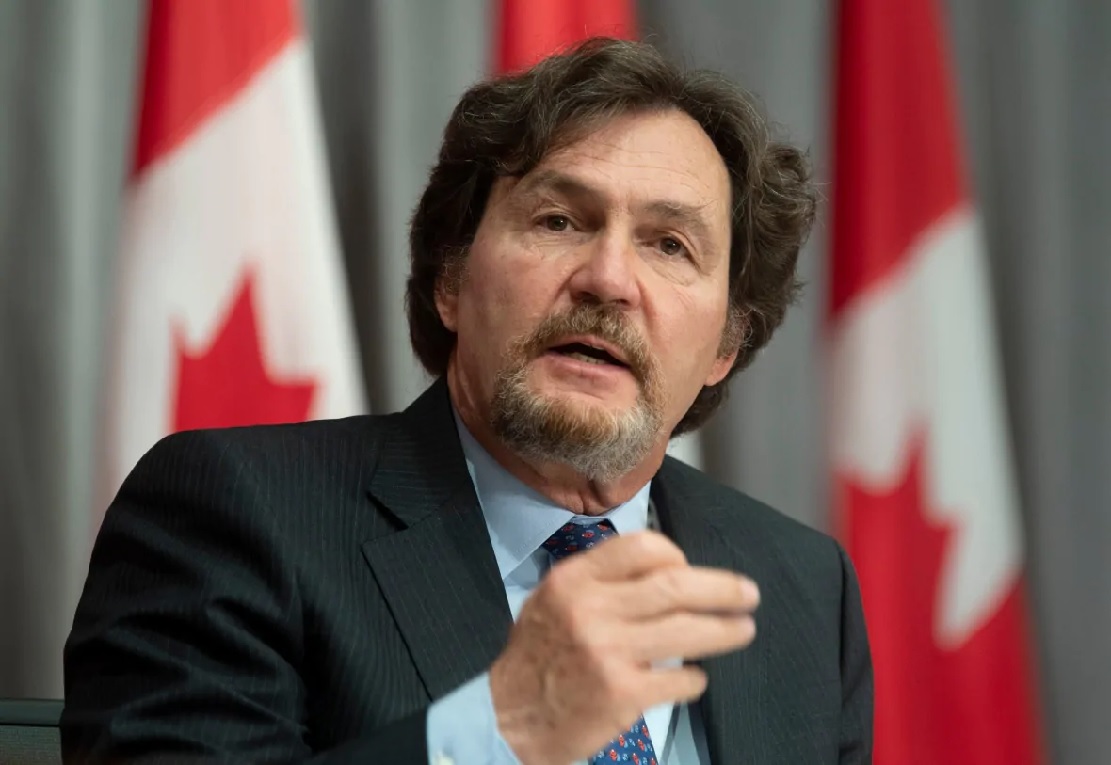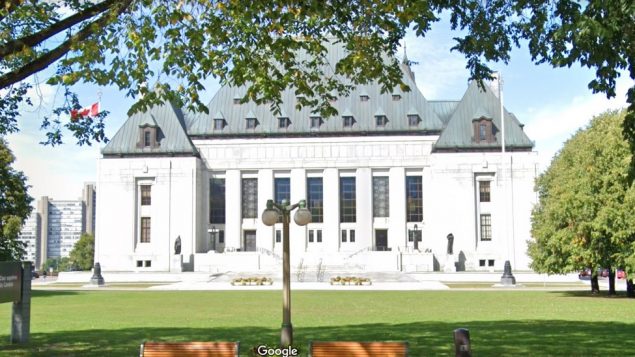After a several month delay due to the pandemic, the provincial challenge to the federal government’s carbon tax finally began yesterday at the Supreme Court of Canada (SCC)
The hearings continue today.
As a pillar of the government’s “green” policy, the Liberals imposed a national minimum standard for the pricing of carbon emissions from fossil fuel use. The tax would be imposed on provinces that didn’t have a carbon tax or similar, or those provinces where the standards did not match the federal minimum.
At issue is where federal powers can overrule provincial jurisdictions. The three provinces challenging–Ontario, Alberta, and Saskatchewan–say it’s their jurisdiction to decide upon and set taxes on natural resources. The government argues emissions causing global warming are an issue beyond the scope of provincial boundaries.
In the first day yesterday, federal lawyer Guy Pratte stated that climate change is a national concern that goes beyond provincial boundaries and is too big an issue for provinces to deal with individually. “Greenhouse gases are pollutants without borders,” he said in an opening statement.
Three other provinces–Quebec, New Brunswick, and Manitoba–are intervenors also saying the federal law (carbon tax) is unconstitutional. The western province of British Columbia is siding with the federal government.
The issue is legally intriguing as the federal provincial jurisdictional boundaries were set out in the 1867 Constitution, and at the time no-one could have imagined carbon emissions effect on global warming. The Constitution did however give the federal government authority over matters of national interest as part of the concept of ‘peace, order, and good government’.
The debate did not seem to go all that well for the challengers with some of the justices making pointed remarks about the arguments presented by Saskatchean’s representative, Mitch McAdam.
At one point, one of the nine justices, Michael Moldaver, in response to a comment by McAdam, said climate change is an existential threat adding, “doubly so in terms of Canada, that is surrounded by water on three sides. And particularly the Arctic. There’s evidence before the court that we are already seeing the effects”.
Justice Rosalie Abella seemed to agree with federal lawyer Pratte, noting that without federal imposition provinces could choose simply not to do anything and adding “They [provinces] don’t have Plexiglas at their borders and the effect of not choosing to engage in strategies that are ultimately helpful to the rest of the country has enormous implications”.

Supreme Court of Canada Chief Justice Richard Wagner asked provincial lawyers whether the threat of climate change should be considered as a national concern under the Constitution. (Canadian Press/Adrian Wyld)
Saskatchewan’s McAdam replied that if the populace disagreed with the provincial government decision they could simply vote the government out in an election, adding “that’s democracy”.
However, another of the SCC justices, Malcolm Rowe expressed some sympathy for the provincial case.
McAdam in another exchange described the federal law as a “Big Brother kind of thing” and at one point Justice Rowe called the notion of the law as ‘cooperative federalism” between provincial and federal governments as, “cooperative federalism-or else”.
In response to the government position that provinces were free to decide on their mitigation policies for carbon pricing as long as it met the federal minimums, Justice Rowe also replied, “There are various ways to control emissions and they don’t all involve price,”
Justice Russell Brown also questioned the law in a similar argument put forward by opponents, saying its not about the federal government’s ability or authority to create policy to mitigate climate change, but whether by doing so with the carbon tax law was beyond ifs federal jurisdiction.
After the first day, analysts felt that five of the nine judges seemed more sympathetic to the federal case.
The hearing continued today. A final decision could take months.
Additional information-sources
- SCC: File 38781: IN THE MATTER OF THE GREENHOUSE GAS POLLUTION PRICING ACT,
- CBC: O Stefanovich: Sep 22/20: Supreme Court hears arguments for and against ending the carbon tax
- Canadian Press (Globe and Mail): S Fine: Sep 22/20: Arguments that federal carbon pricing encroaches on provincial powers met with skepticism at Supreme Court







For reasons beyond our control, and for an undetermined period of time, our comment section is now closed. However, our social networks remain open to your contributions.